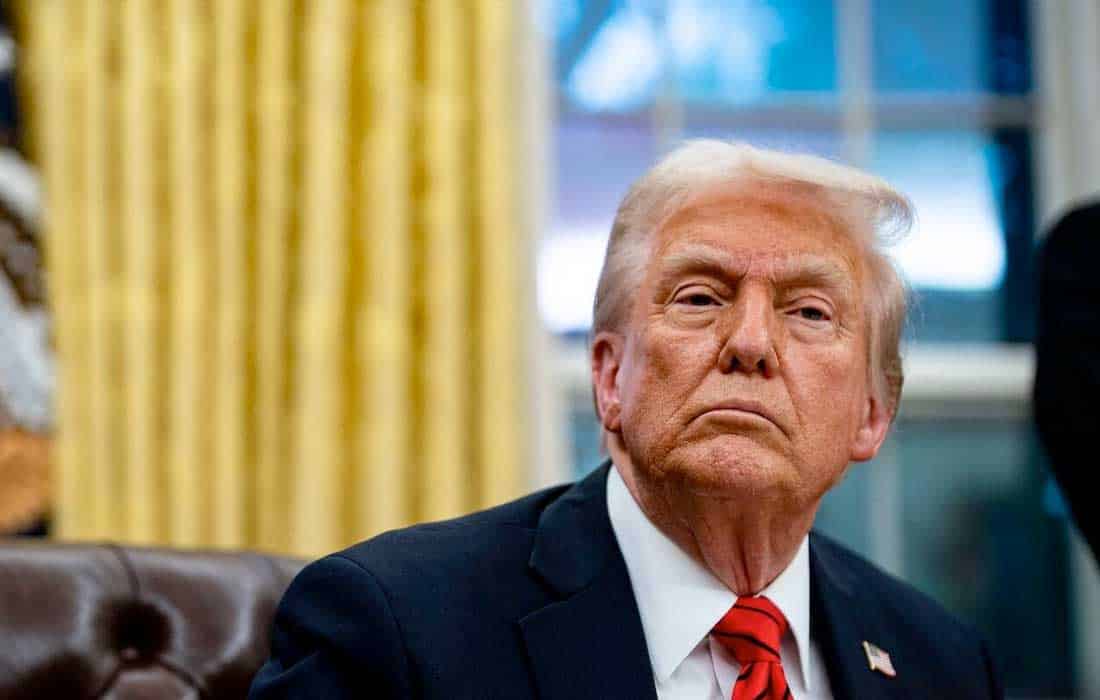GENEVA: The United Nations Conference on Trade and Development (UNCTAD) has warned that reciprocal tariffs should not apply to the world’s poorest and most vulnerable economies.
In a fresh report titled “Escalating tariffs: The impact on small and vulnerable economies,” UNCTAD called for developing and least-developed countries (LDCs) to be excluded from any new US tariff actions. These economies, it said, are already battling slow growth and global uncertainty, and their trade activity has little to no impact on the United States’ trade deficit.
Reciprocal tariffs — designed to balance US trade with its partners — are currently paused for 90 days. However, if enforced, they could range from 11% for countries like Cameroon to as high as 50% for Lesotho. UNCTAD said 11 of the 57 countries potentially affected are classified as LDCs.
More concerning, 28 of the 57 nations in question account for less than 0.1% of the US trade deficit, yet remain at risk of these retaliatory duties. UNCTAD stressed that implementing such tariffs on weaker nations will do little to fix trade imbalances but could severely disrupt economies that rely heavily on exports.
The report also noted that over time, the global trading system — based on rules and fairness — has helped lower tariffs and drive trade. In 2023, two-thirds of world trade was tariff-free. That progress is now under threat as major economies raise duties in a tit-for-tat response, fuelling trade tensions.
UNCTAD has urged world leaders to protect the integrity of global trade and exempt vulnerable nations from broad tariff policies, pointing out that punishing the smallest players won’t solve large-scale trade problems.













